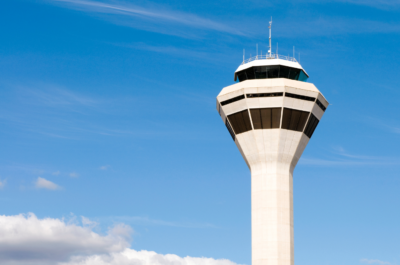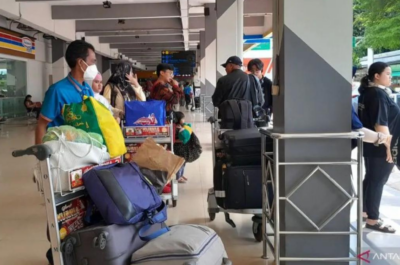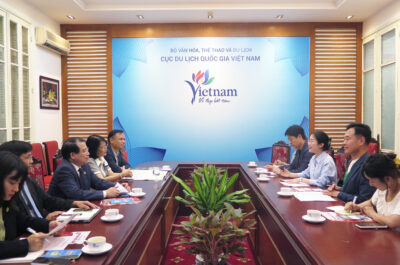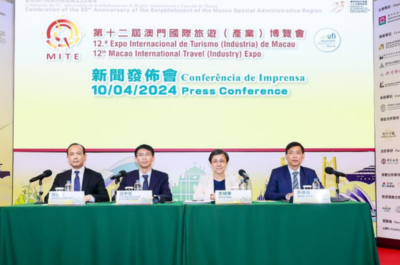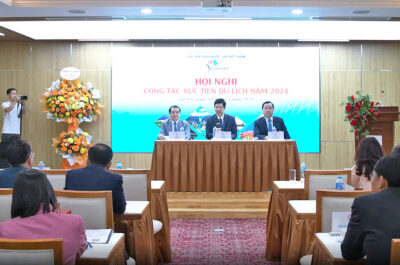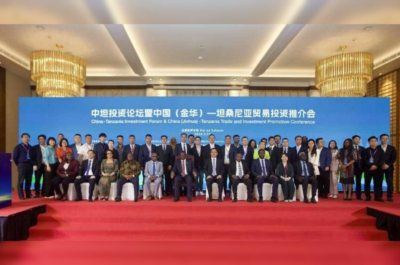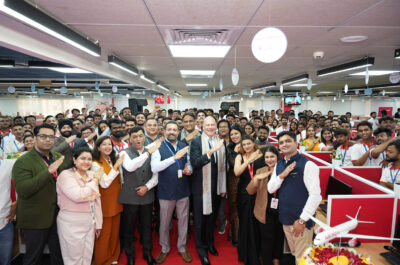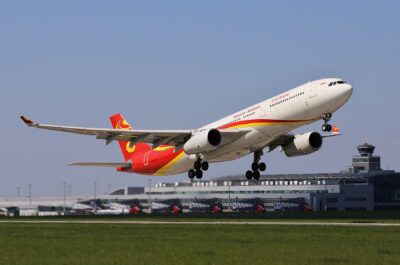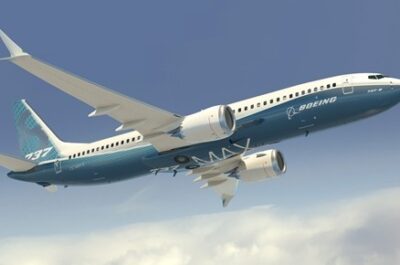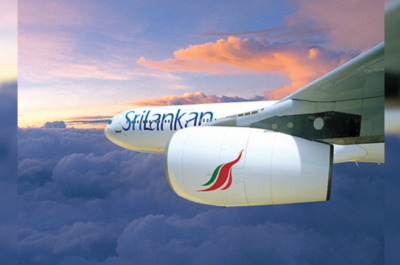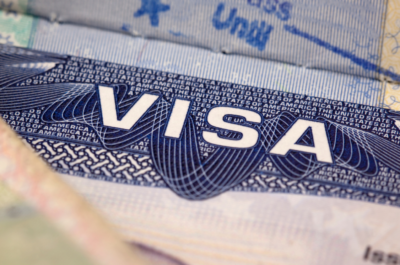REPORT-ATHENS-IATA: 11-12 May in Athens was hosted the 24th conference of IATA on Information Management with the participation of 224 delegates and of 44 airlines members of IATA….
REPORT-ATHENS-IATA: 11-12 May in Athens was hosted the 24th conference of IATA on Information Management with the participation of 224 delegates and of 44 airlines members of IATA.
At the welcome address Karin Gebert, Director ITS & CIO of IATA talked about collobation and the winds of change at IATA to add value to airlines. IM 2004 focused on Information, Automation, Transformation and Acceleration: Technology Blueprint for Success.
The Chairman of the Conference Dr Christopher Bart, McMaster University said about the role that IT can play in helping to enhance reputation of the organization. He talked about the importance of Governance and finally he proposed to think how IT can play the vital role in enhancing and building and repairing the reputation of the organization.
The CIO of Olympic Airlines, Mr Perikles Papadoperakis, at his keynote speech said that the new technology promise: better airline operation, help to minimize staff needs, help to minimize distribution costs, help to plan for a profitable network and to a more efficient control of the company. He added that all this is needed to meet the target of stop losing money and finally to survive.
The CIO of Swiss Air Lines, Robert Borntraeger, at his speech with title Strategic IT sourcing presented the evolution of strategic priorities. There is three sourcing criteria: flexibility, quality, cost. He mentioned that never outsource planning of the company.
Sue Powers, CIO and SVP Product Solutions of Worldspan, presented the success factors for airline web sites: provide lowest fares, ensure that all sales are made without requiring paper tickets and finally to promote web booking also the lessons for airlines is to: invent technology and reliability to drive cost saving, show a full range of fare choices, automate manned processes on the web, recognize that multiple distribution channels will exist and anticipate customer needs.
The connection of the aircraft to the business was presented by Javier Arrondo, Futura International Airways. The result of the introduction of It in Futura fleet had as result: 40% reduction in total technical stops, reduced fuel burn, improved maintenance intervals, aircraft configuration management, financial reconciliation and vendor management.
In the second day Dr Chris Smith, Managing Director-Europe, SH&E showed in which areas there is competition between Low Cost Carriers (LCC) and legacy carriers after 11 September 2001 is in: size-network, growth and capitalization, pricing, structure and influence.
Paul Heighway, General Manager, Amadeus in his speech Shaping the Future of Passenger Services – Technology to transform and differentiate passenger services said that legacy systems are a constrain, outsourcing delivers significant benefits provided airline prospective partner can deliver, incorporate today`s and tomorrow`s distribution requirements in airline thinks.
OAG Managing Director, Duncan Alexander, highlighted the evolution of travel distribution. According to Mr Duncan, mobile will be the future of travel distribution after the era of internet (90`s- 2000), GDS (80`s-90`s) and ARS (50`s-80`s).
Dr Hugh Dunleavy, VP Commercial Services, Lufthansa Systems – Americas, said that airline industry was in severe difficulties before 11 September 2001 and that the air transport environment was not much better in 2003. Finally he added the air transport industry is web based.
The conference covered entirely the issue of Information Management in the air transport industry. As Mr Harry Govind, Director Information Management of IATA: IT is strategic to the success of the airline business.

































